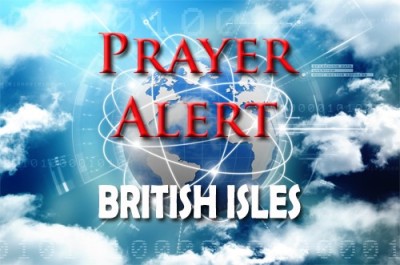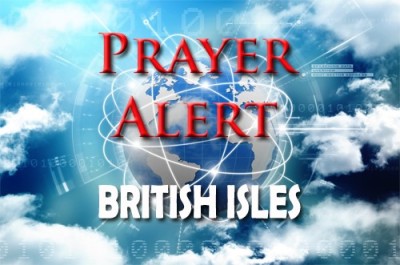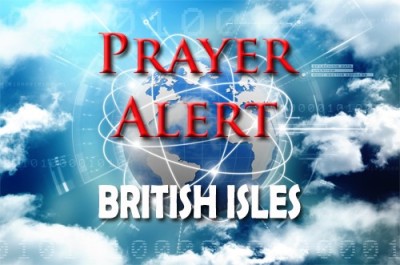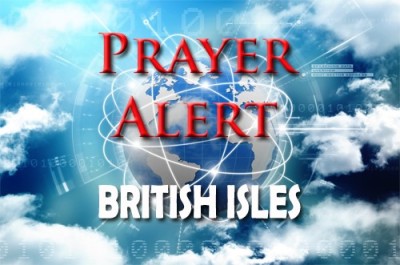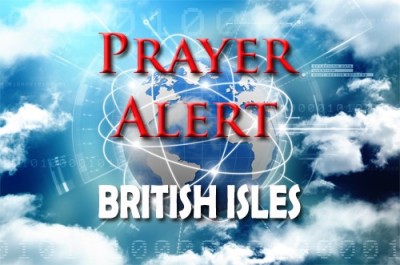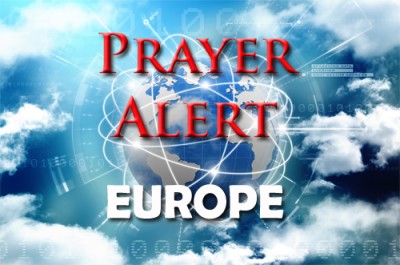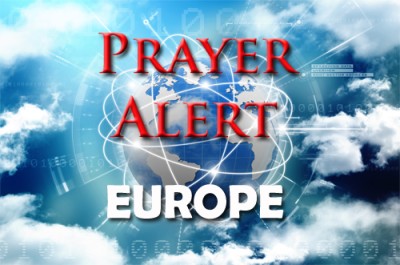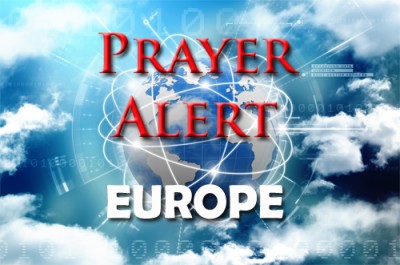Gun crime in London rises by 30%
28 Nov 2024Gun crime in London has surged by nearly 30%, impacting areas once considered safe. The recent shooting of an eight-year-old girl in Ladbroke Grove highlights the escalating violence linked to gang rivalries. Community leaders attribute the rise to recently released prisoners returning to their communities with unresolved conflicts. High-crime areas are seeing younger individuals recruited into gang activities, including carrying weapons. The surge in gun-related incidents has placed immense pressure on Scotland Yard, which faces severe budget cuts of £450 million, potentially reducing the police force by two thousand officers. Mayor Sadiq Khan emphasises efforts like the Violence Reduction Unit (VRU), which has funded 350,000 opportunities for youth and contributed to a reduction in homicides and stabbings. Initiatives such as youth worker programmes in hospitals and police custody aim to prevent reoffending and exploitation. Organisations like The Children’s Society are working to protect vulnerable children through education, awareness campaigns, and collaborative efforts to tackle the root causes of violence, offering hope for a safer future.
Mystery drones over US air bases in England
28 Nov 2024Sixty British troops have joined the United States Air Force (USAF) to investigate a series of unidentified drones spotted flying over three bases in Suffolk and Norfolk. The incidents have raised concerns about security, although the drones have not been deemed hostile. The bases play crucial roles in US military operations. USAF has confirmed multiple sightings during nighttime hours, but no source or intent has been identified. The Ministry of Defence emphasised robust security measures at all defence sites, and both British and US authorities are closely monitoring the situation to ensure the safety of personnel and infrastructure. Efforts to determine the origin and purpose of the drones continue.
MPs have overwhelmingly backed a new Tobacco and Vapes bill aimed at phasing out smoking by making it illegal for anyone aged fifteen or younger today to ever purchase cigarettes. Originally proposed by the Conservatives, the bill was advanced by Labour and passed its first Commons vote with a majority of 415 to 47. It also seeks to curb youth vaping through advertising bans, packaging restrictions, and flavour limitations. Health secretary Wes Streeting described it as a landmark public health intervention aimed at preventing addiction, reducing NHS pressures, and fostering a healthier population. Despite broad support, some MPs, including Kemi Badenoch and Suella Braverman, opposed the bill, citing concerns over civil liberties. Others questioned the practicality of age-based restrictions and the potential expansion of outdoor smoking bans. Proponents argue the measures address tobacco's uniquely harmful and addictive nature, aiming to create a smoke-free generation and protect youth from nicotine addiction. Further scrutiny in Parliament is expected before the bill becomes law.
Britain's 'spiritual desert' and obesity crisis
28 Nov 2024Former MP Jacob Rees-Mogg has addressed Boris Johnson’s claim linking Britain’s obesity crisis to the Church of England’s focus on anti-colonialism. He noted the nation’s obesity issues but stopped short of directly blaming the Church. Johnson had argued that Britons are 'gorging themselves' on consumerism, likening it to 'living bread' but detached from spiritual nourishment, referencing Matthew 4:4. Rees-Mogg described Johnson’s comments as highlighting a deeper issue: Britain’s spiritual void. One comment was that Johnson’s analysis was an 'imaginative exercise' rather than a causal connection. Both men agreed that mainline denominations are not adequately addressing this spiritual hunger. Rees-Mogg emphasized the need for churches to proclaim Christ’s love more fervently to fill the void. This discussion sheds light on the perceived spiritual and moral challenges facing the UK, which may lead churches to re-evaluate their role in addressing societal needs.
Liz Hatton, a 17-year-old photographer from Harrogate, has died after a courageous battle with a rare cancer (sarcoma). Despite her terminal diagnosis, Liz inspired the nation by completing an ambitious photography bucket list, capturing moments like a royal investiture and a West End musical. Her work gained recognition when she met the Princess of Wales, who invited her to Windsor Castle to photograph an event and bonded with her over their shared love of photography. Liz's resilience and creativity shone as she continued working despite immense physical pain, hosting a photography exhibition shortly before her passing. Her family remembers her as a brave and compassionate young woman who lived fully in her final months. A Just Giving page has been established in her memory to fund research into her rare cancer. Liz’s story and photographs remain a powerful legacy, inspiring hope and awareness about sarcoma.
The landmark trial in Avignon, involving the systematic drugging and rape of Gisèle Pelicot by 49 men orchestrated by her ex-husband Dominique Pelicot, has gripped the nation. The prosecution has sought a twenty-year sentence for Pelicot, who admitted to facilitating the assaults over nearly a decade, and 10-18 years for most co-defendants. The case has sparked national debates on consent, male violence, and systemic legal shortcomings. Prosecutors have highlighted Pelicot’s bravery in waiving her anonymity and allowing graphic evidence to be shown, confronting societal shame surrounding sexual violence. Feminist activists have rallied in support, condemning the accused and demanding justice. Defence lawyers, however, argue that many defendants were misled by Pelicot’s claims of his wife's consent. The trial has renewed calls for legal reforms, and Michel Barnier’s government has pledged new measures to combat violence against women. One commentator said: ‘This trial has affected every one of us. What have we done wrong as a society to produce men who are capable of such inhumane behaviour?’
On 27 November Russia launched a massive, coordinated strike on Ukraine’s energy infrastructure, hitting cities nationwide with waves of drones and missiles. This marks the second large-scale attack on Ukraine’s energy facilities this month, compounding fears of a harsh winter ahead. Emergency power cuts were introduced as damage to civilian infrastructure was reported in many regions, leaving over a million people without power. Ukrainian officials warned of preemptive power cuts to protect the grid from overloads as temperatures continue to drop. The attacks are part of a broader strategy, with over 1,500 strikes reported this week. Ukrainian officials fear Russia aims to cripple the country’s power grid, a tactic used in previous winters. Russia has also deployed a new type of missile to strike the city of Dnipro, in response to Ukraine launching UK-supplied missiles into Russian territory. For an analysis of the recent developments in the war, see
Unexpectedly, the presidential election in Romania has seen nationalist independent Calin Georgescu leading the first round. A 62-year-old expert in sustainable development, he calls for a Romania based on small-scale organic agriculture, Christian values, and national sovereignty. His platform, similar to that of Robert F. Kennedy Jr, emphasises self-reliance and reduced dependence on international alliances. Georgescu’s rise is partly attributed to his pledge to ‘restore Romania’s dignity’ and challenge perceived subservience to organisations like NATO and the EU. His criticism of the US-backed missile shield at Deveselu, which he calls a ‘diplomatic embarrassment’, echoes the Kremlin narrative, raising concerns among Western allies. If elected, he could alter the country’s foreign policy and reshape its political landscape.
